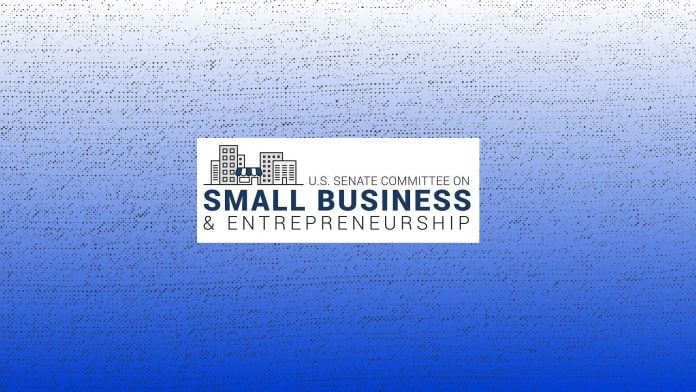In a recent Senate hearing, Ranking Member Edward J. Markey (D-Mass.) criticized the negative impact of former President Trump’s policies on small manufacturers, highlighting the critical role of the Small Business Administration’s (SBA) loan programs. With small businesses facing increased challenges, particularly in the manufacturing sector, Markey’s remarks and the insights from industry experts spotlight the urgent need for reforms.
Markey’s focus during the Senate Small Business and Entrepreneurship Committee hearing titled “Using the 504 Program to Build America’s Manufacturing Future” emphasized how current SBA rules and the overall economic climate are constricting opportunities for small manufacturers, especially those owned by minorities and immigrants. The hearing was bolstered by testimony from David P. Raccio of CDC New England and Hilda Kennedy of AmPac Business Capital. They illustrated how increasing loan limits for clean energy manufacturers could stimulate growth and support job creation.
One of the most significant issues raised was the recent rule changes at the SBA, which disqualify small businesses with any foreign investment, including those partially owned by lawful immigrants, from accessing crucial loans. This marks a stark departure from a decades-long bipartisan approach. “No matter how hard President Trump tries to hide the data, it is crystal clear that his policies are hurting small manufacturers,” Markey asserted. His call for action resonates deeply with small business owners who depend on access to financial resources to expand operations and create jobs.
Hilda Kennedy strongly advocated for the SBA 504 Loan Program as a vital resource. “The SBA 504 Loan Program is one of the most powerful tools we have to help small businesses grow, create jobs, and build generational wealth through entrepreneurship and commercial real estate ownership,” she emphasized. Kennedy highlighted the need for modernizing the loan program, suggesting enhancements like lifting caps on energy projects, supporting first-time buyers, and removing barriers that hinder access for special purpose properties.
Raccio added that “the SBA 504 program is one of the most effective federal tools for supporting small businesses, creating jobs, and strengthening communities without taxpayer subsidy.” He encouraged targeted reforms to ensure that the program can continue to assist entrepreneurs effectively.
The emphasis on clean energy investments is particularly timely as small businesses increasingly look for ways to incorporate sustainability into their operations. Markey, alongside House Small Business Committee Ranking Member Nydia M. Velázquez, has previously raised concerns about the limitation on loan access for businesses owned by immigrants. Their advocacy includes a call for the initiative aimed at supporting green loans, which was unfortunately curtailed during the previous administration.
For small business owners, understanding these ongoing discussions and potential reforms has practical implications. The proposed changes could mean greater access to funding for those looking to innovate and expand, especially within the clean energy sector. However, the reality remains that navigating the current SBA landscape is fraught with barriers that small businesses must overcome.
As these conversations evolve, small manufacturers and entrepreneurs should remain vigilant and engaged with their local representatives. The insights shared during the hearing could prove pivotal in shaping the future landscape of small business support, allowing for a more inclusive and robust economic environment.
While the potential benefits of reforms to the SBA 504 program are clear, the struggle against entrenched policies poses a significant challenge. Small business owners need to be aware of these dynamics as they seek to invest, grow, and thrive in an ever-changing market.
For those looking for further details and ongoing developments, the original details are available here.
Image Via BizSugar



